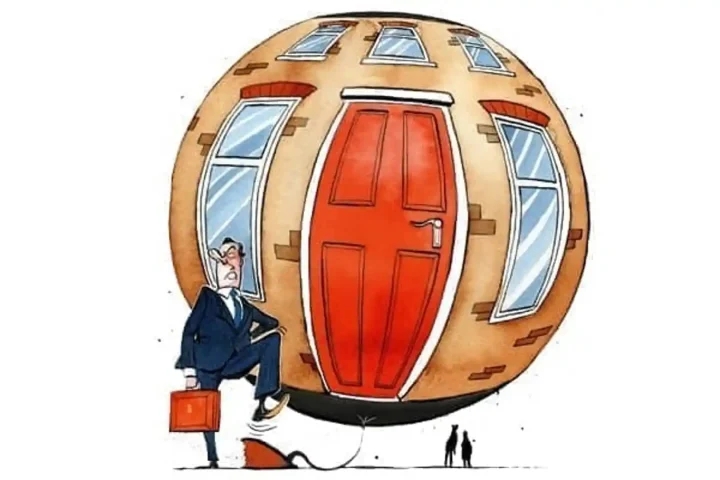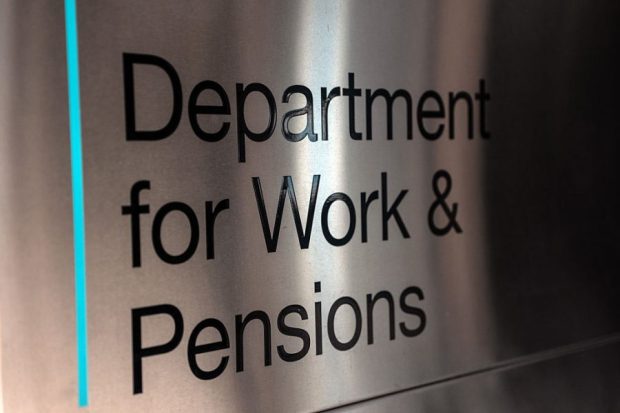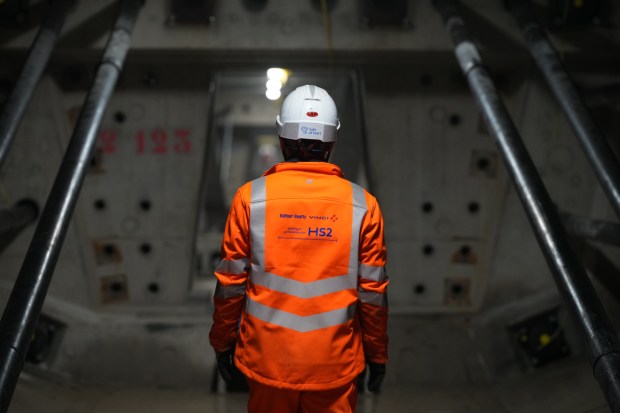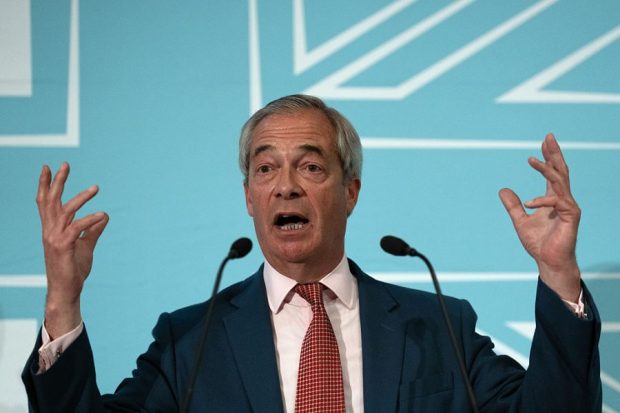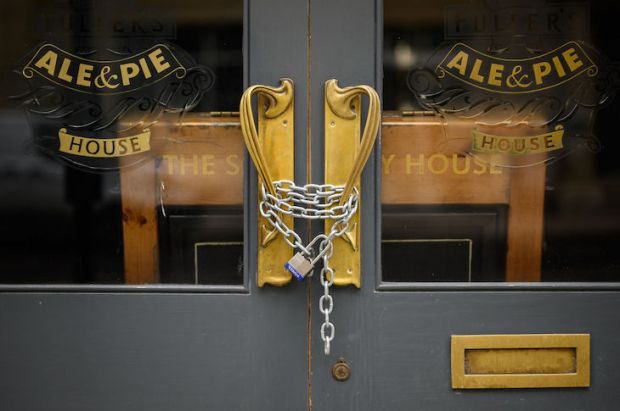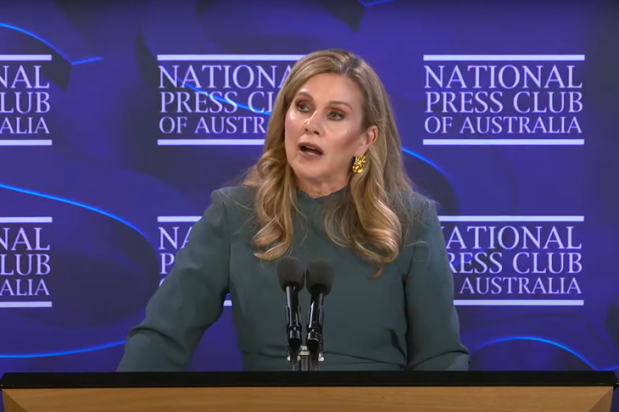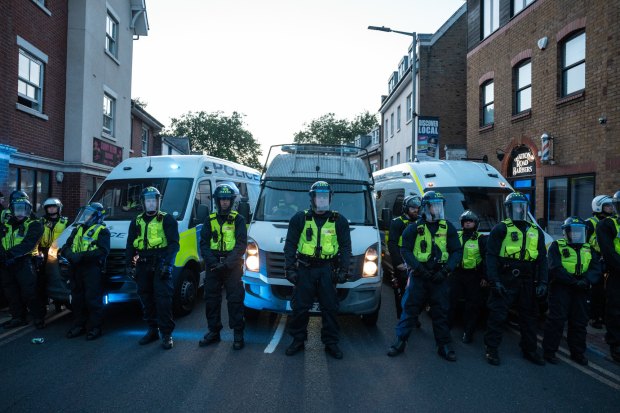Not for the first time, a widely-predicted – and for many frustrated buyers, hoped-for – house price crash has failed to materialise. The Office for National Statistics’ House Price Index (ONS HPI) shows average prices up 0.3 per cent in the month of August and up 0.2 per cent since August 2022. This is at odds with the Halifax House Price Index, which put house prices in September at 4.7 per cent lower than a year earlier. But it is a more complete data set based on all sales across the UK. The Halifax index, by contrast, is based on mortgage approvals by the Halifax bank – and there is no guarantee that all the mortgage approvals actually went through to completion.
But even if you prefer to take notice of the Halifax Index (which effectively runs two or three months ahead of the ONS HPI) it hardly amounts to a housing crash – at least not yet. So why haven’t prices fallen more than they have done? How can a surge in the Bank of England’s base rate not cause a crash?
The housing market is subject to very different psychology in that sellers rarely panic
One factor is a lack of distressed sellers. Fewer than half of homes are now owned with a mortgage of any size, let alone a punitive one. This is in contrast to the early 1990s when a surge in interest rates caught out large numbers of buyers who had borrowed to the hilt in the late 1980s property boom. Moreover, fixed rate mortgages didn’t exist in the mass market in the late 1980s. Now, the pain of rising interest rates is deferred for many buyers, with the shock only hitting when an existing fixed rate expires.
But there has been a crash of sorts – in sales volumes. Today’s release registers 39,040 property transactions in June 2023, down from 60,921 in June 2022. It was over 160,000 in June 2021 when people rushed to complete ahead of the end of the stamp duty holiday.
The housing market is subject to very different psychology compared to the stock market in that sellers rarely panic. If homeowners cannot get a price close to what they have convinced themselves that their home is worth, they tend to refuse to sell – unless they really have to. Prices, therefore are far less likely to crash. If they do slump it takes much longer for prices to fall, as sellers grudgingly come round to accepting that the market has fallen.
If interest rates remain high, this is likely to come – with prices sliding month on month for some time. Then again, no-one should rule out a return to central bank stimulus packages, with ultra-low interest rates used to try to stimulate growth and inflation worries taking a back seat.
The story of the past 25 years has been one interest rates being lowered to prop up stock markets, bond markets and the economy in general – and inadvertently inflating the housing market, which never really had chance to slump before the stimulus arrived to pump it up again. Maybe this time will be different, but then again maybe not.


